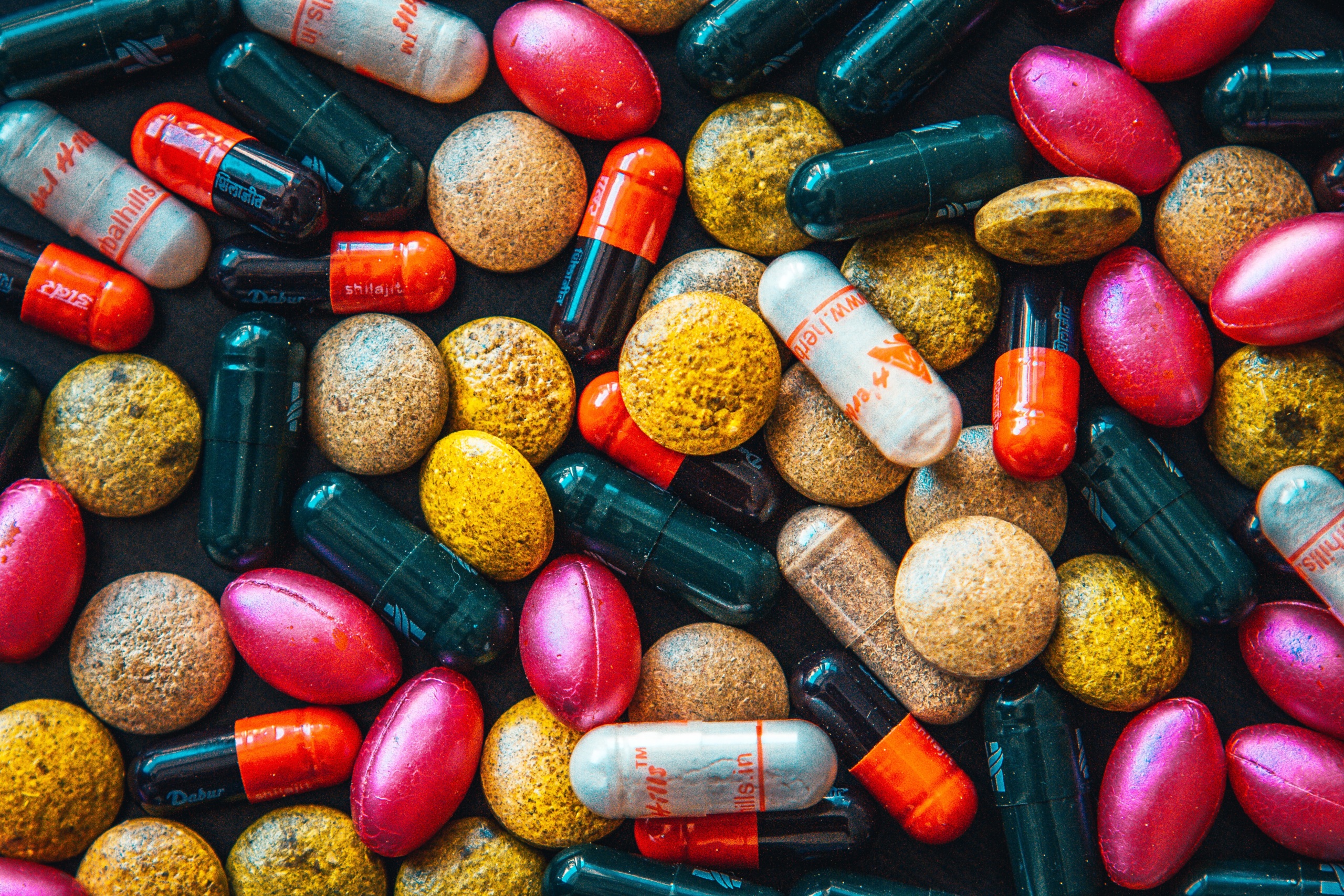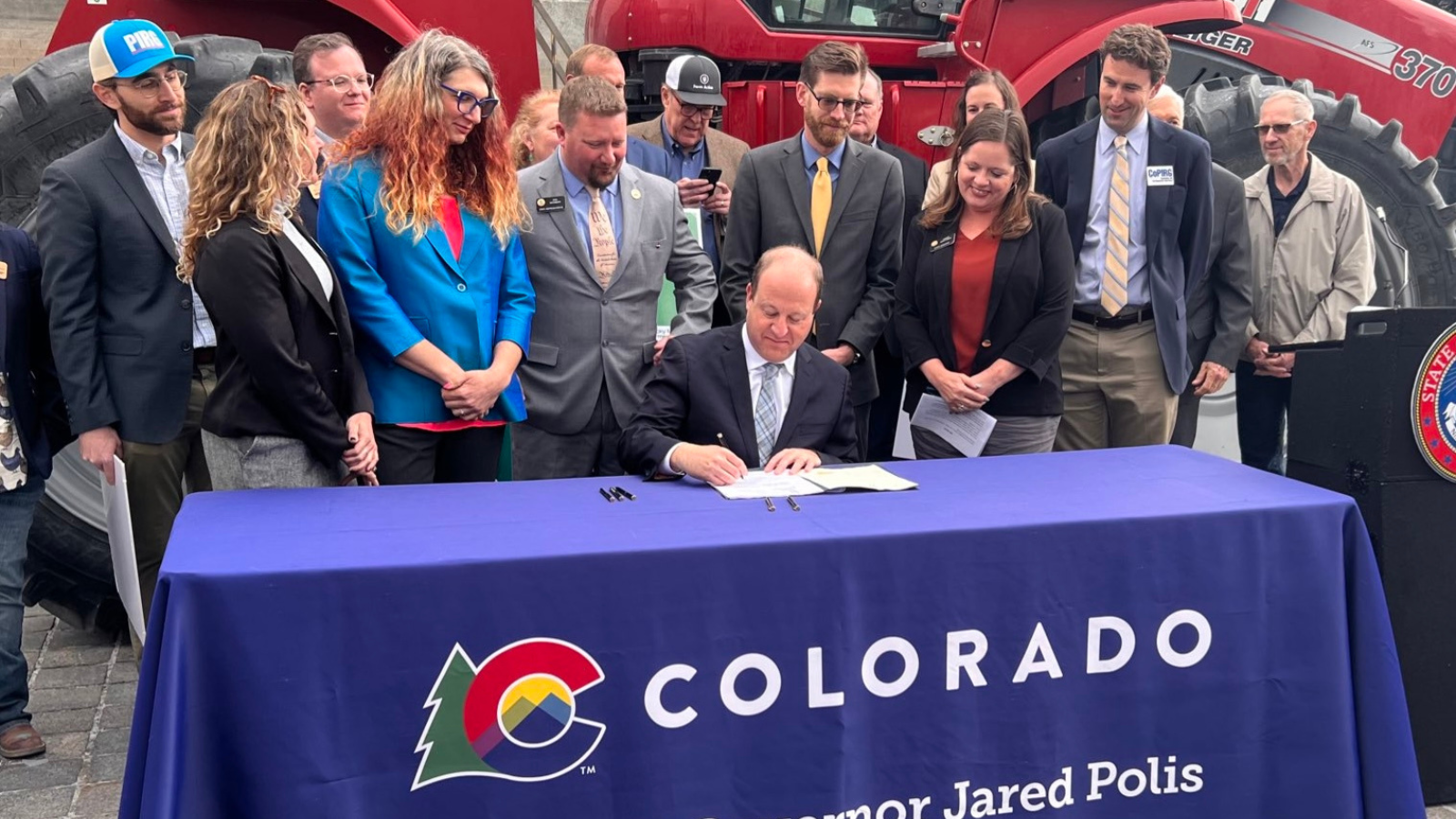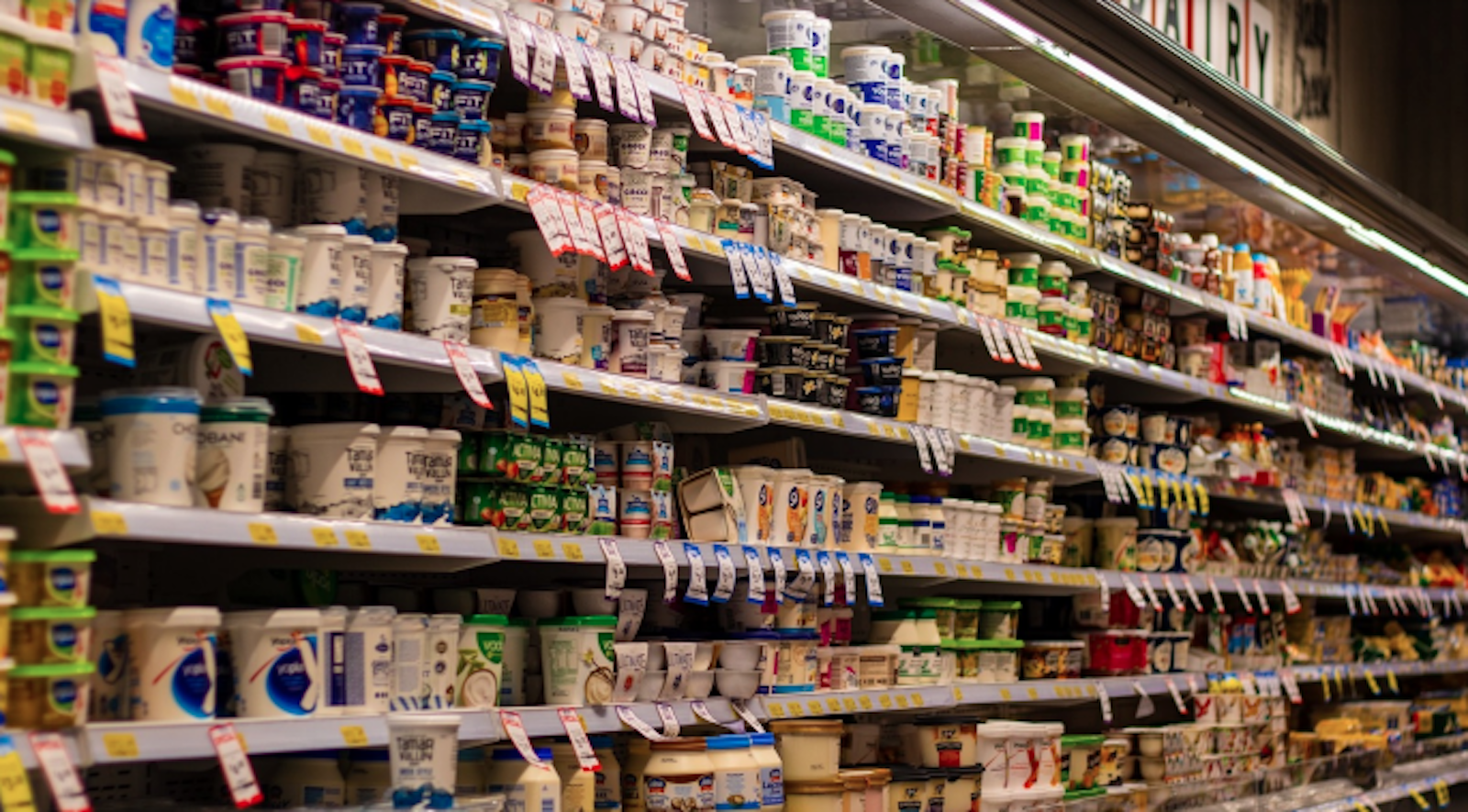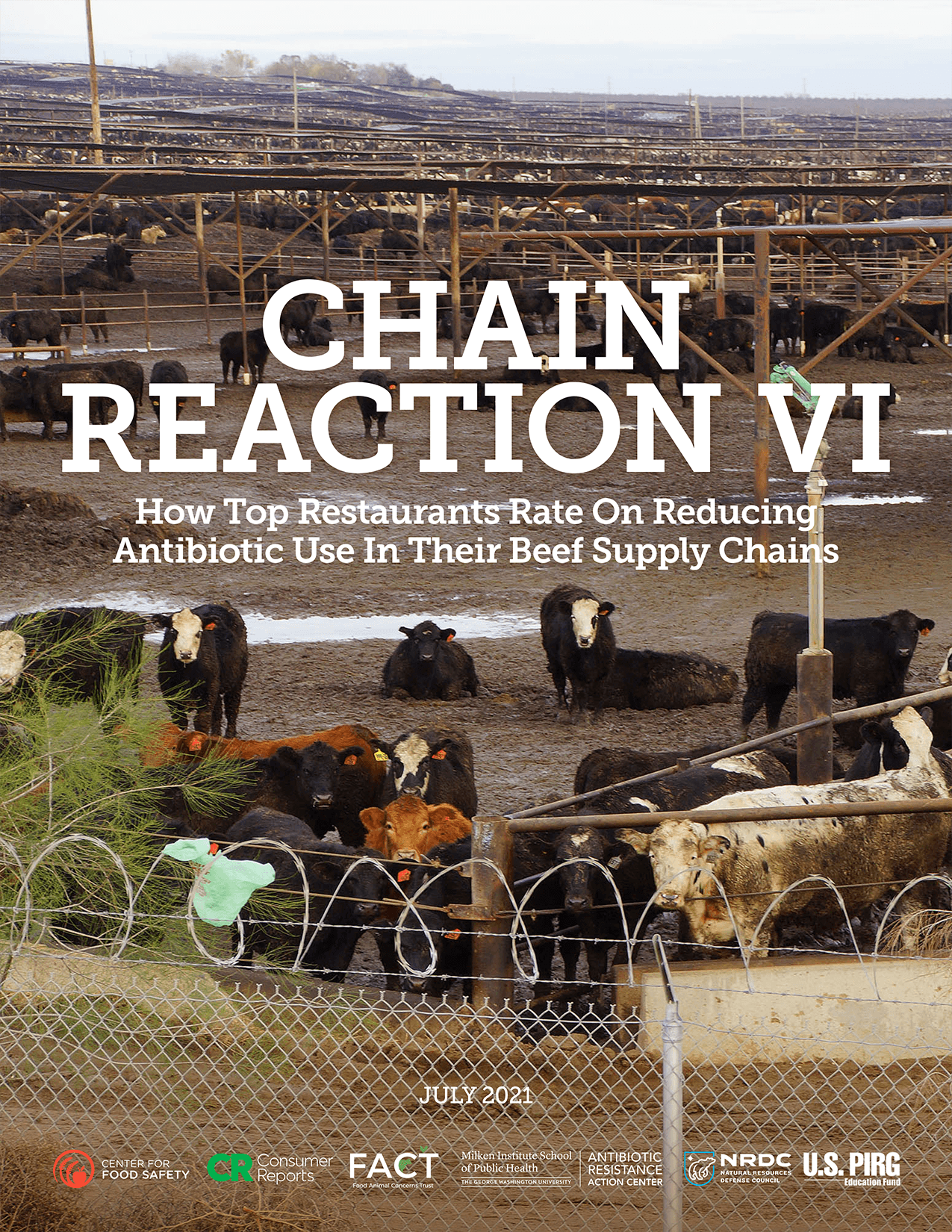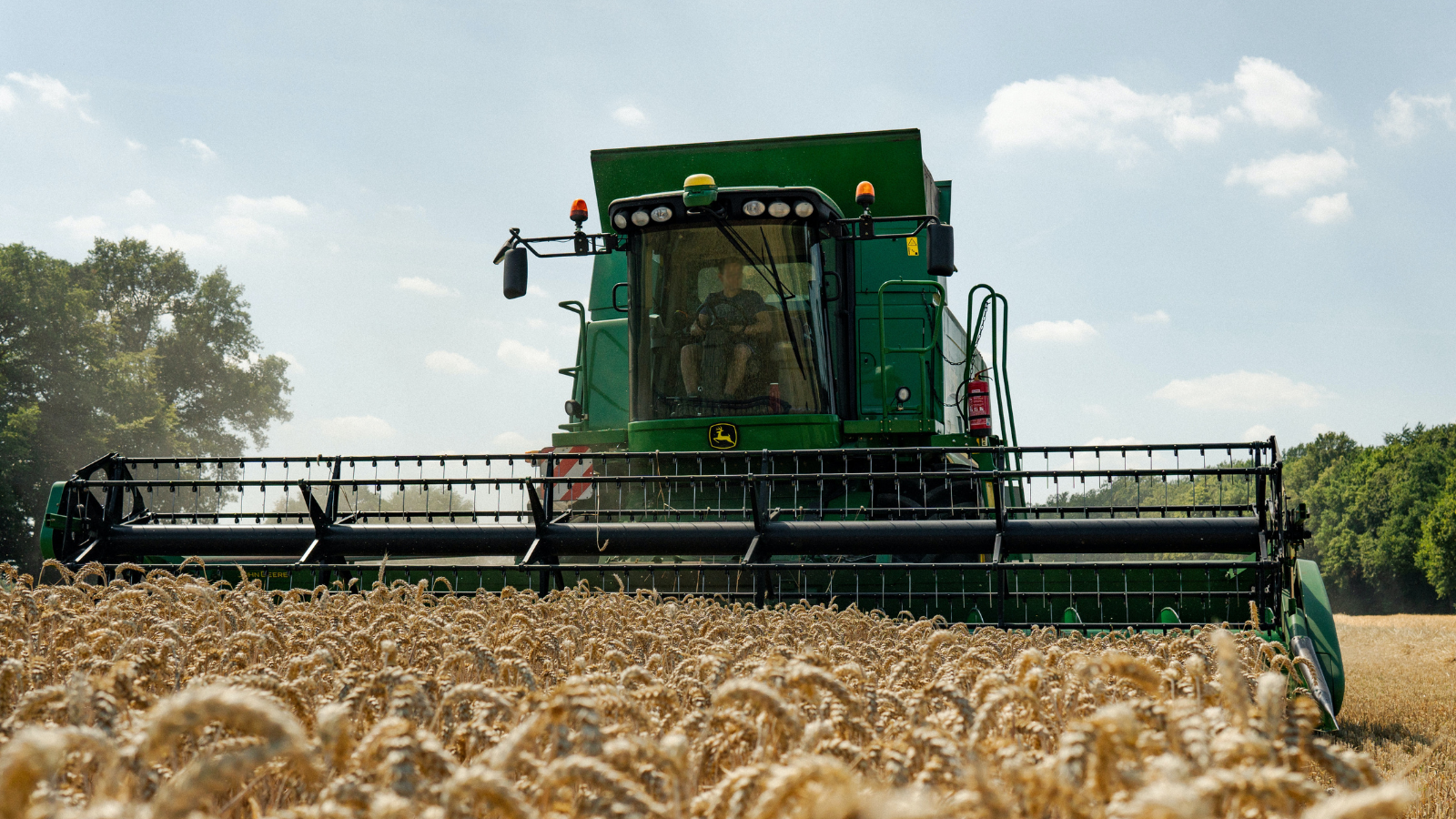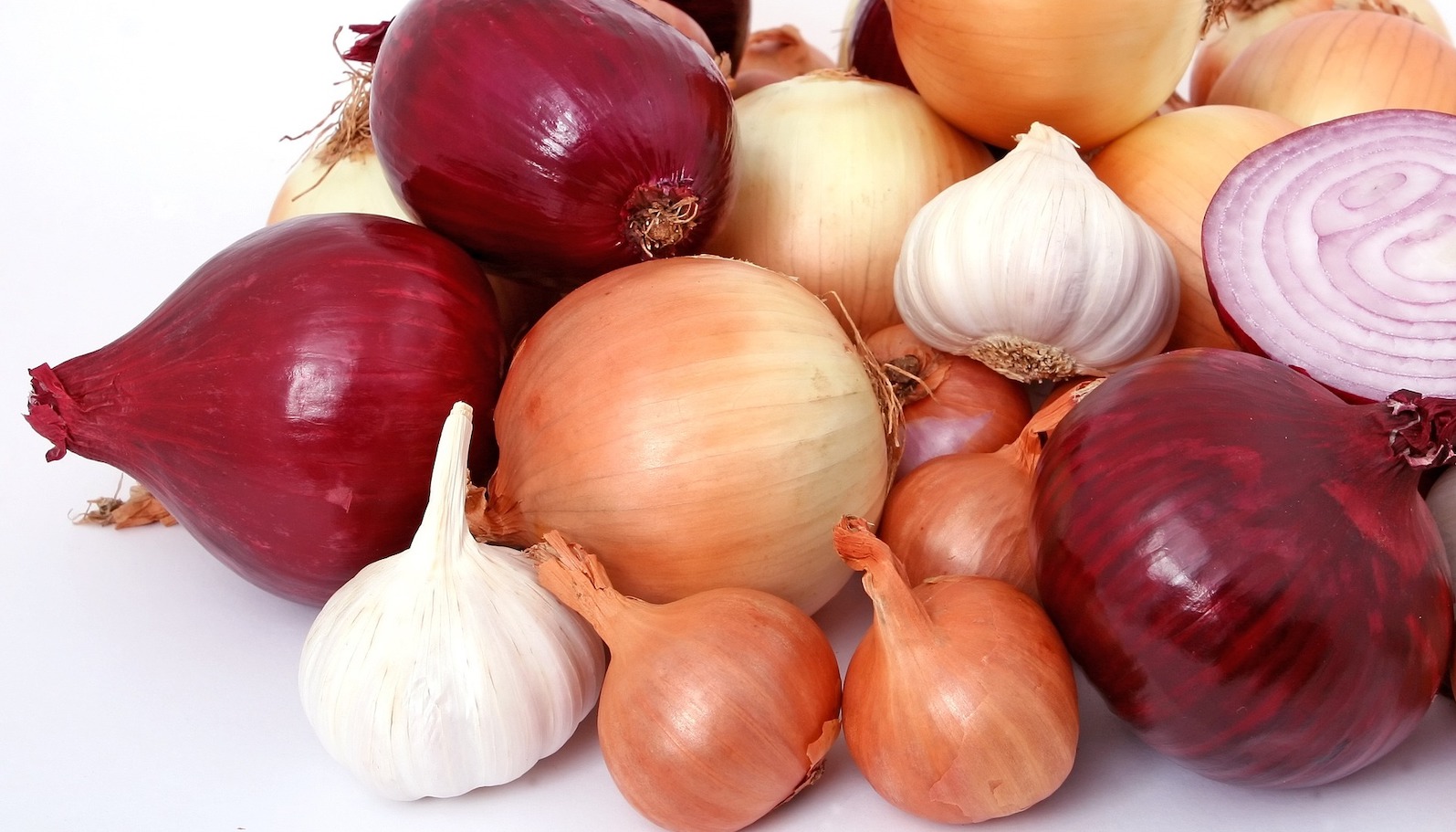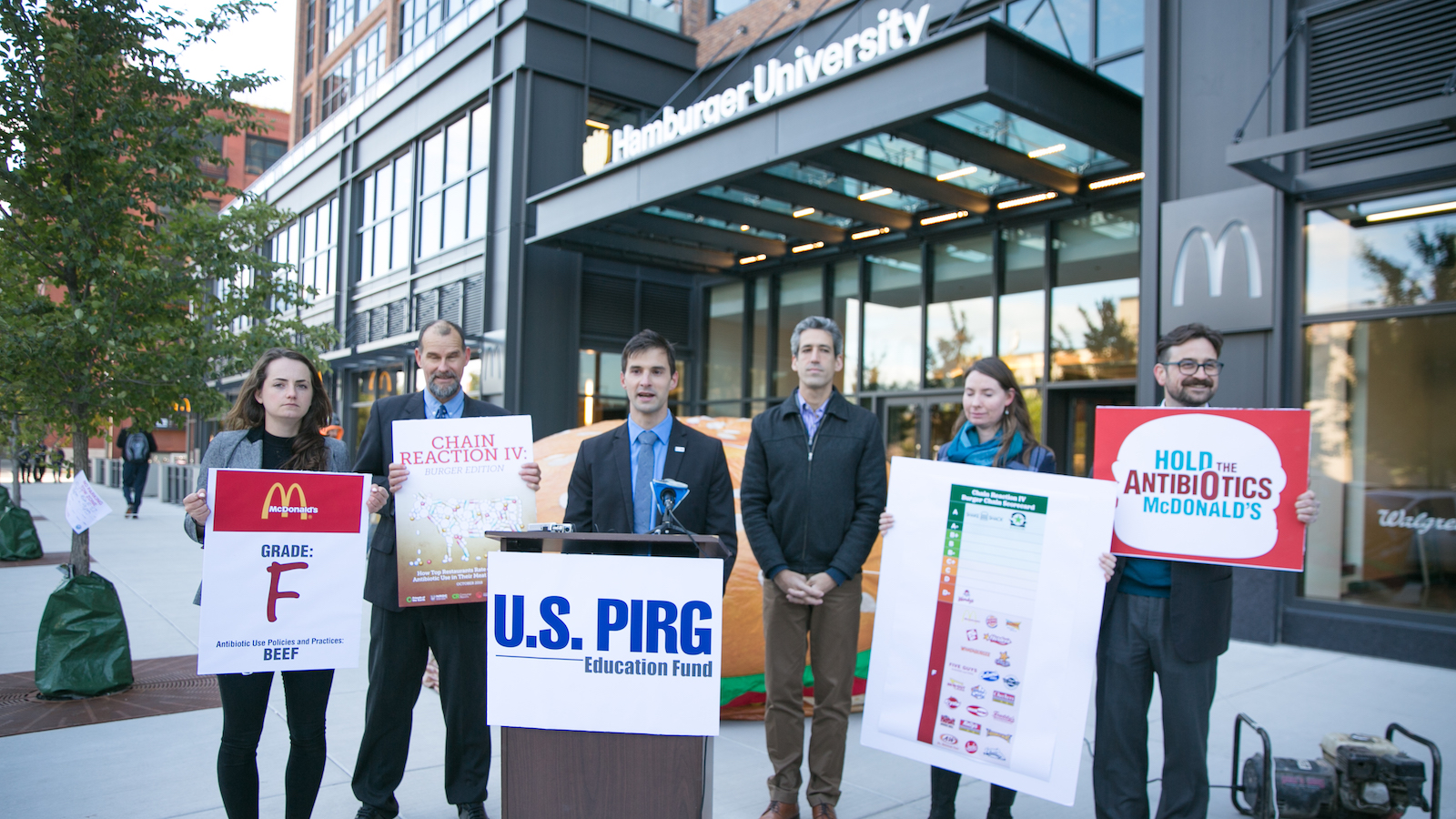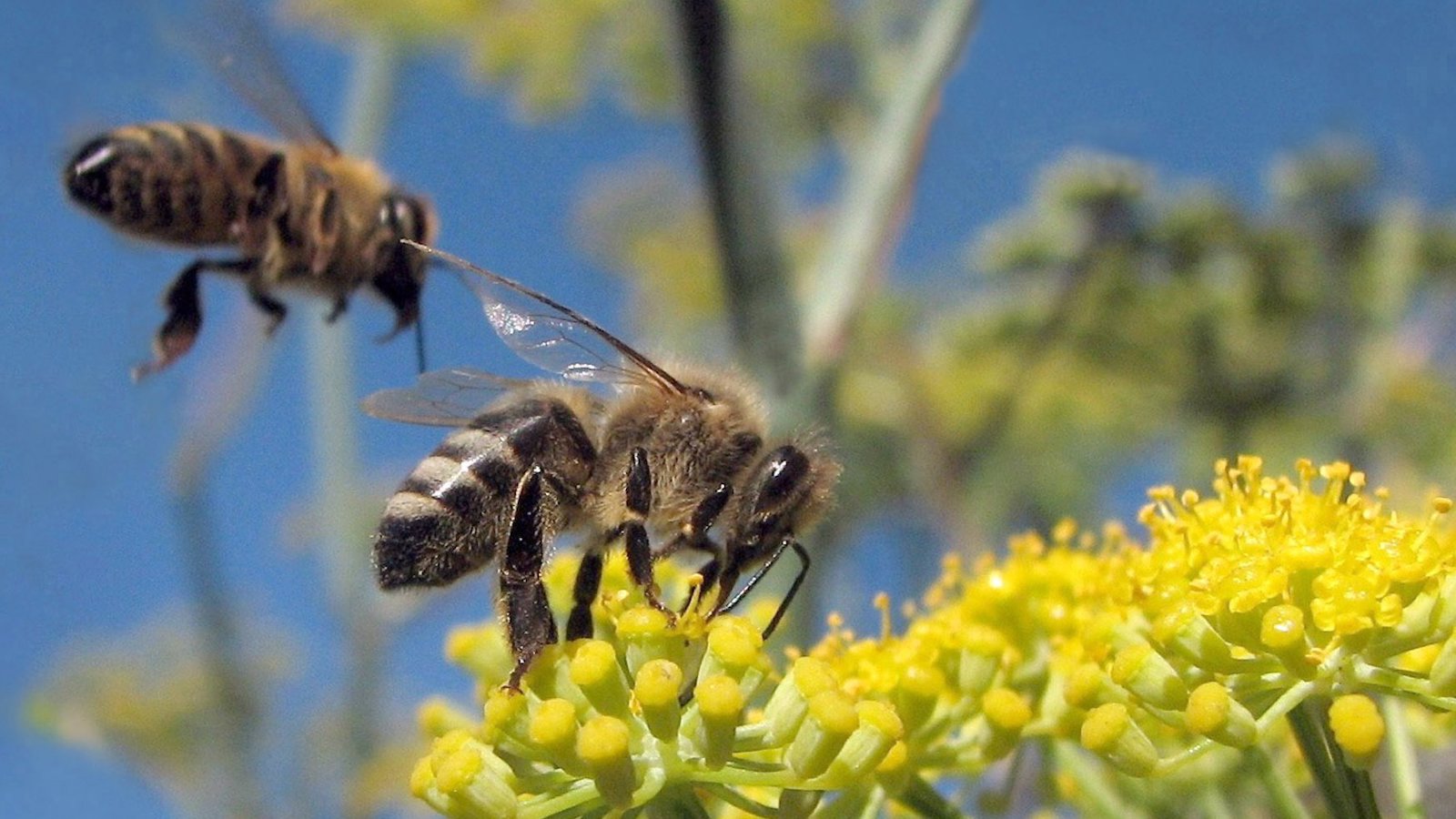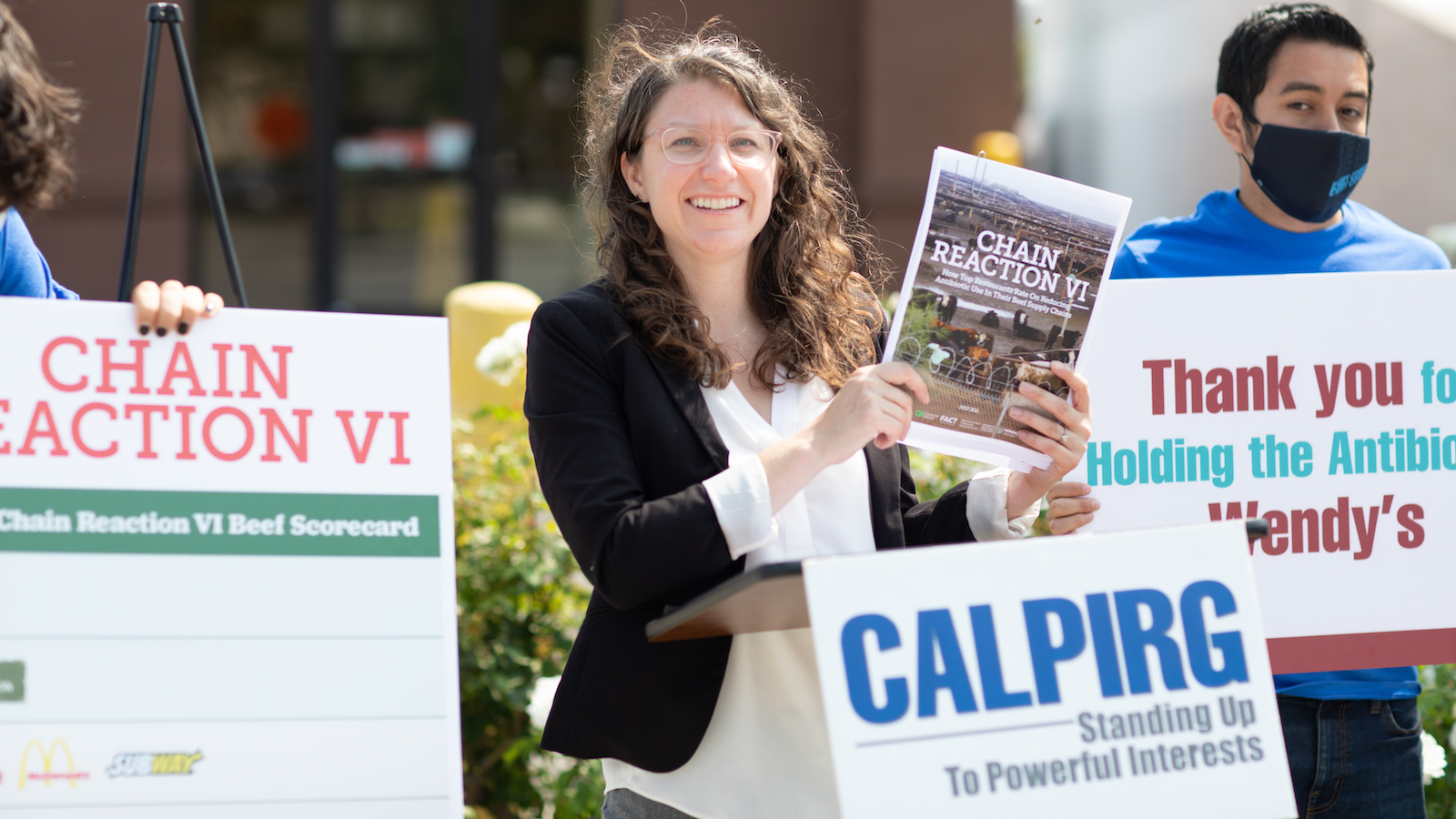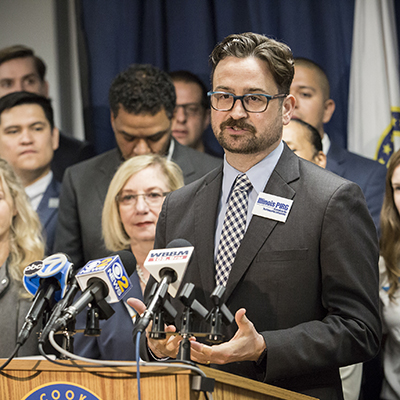We should be able to trust that the food we buy in the grocery store is safe, and grown in ways that won’t threaten our health.
You want to lead a healthy life, and help your family do the same, and you trust that the food in the grocery store is safe, and grown in ways that won’t threaten our health or safety. But that’s not always the case, and the evidence connecting toxic pesticides to serious health risks, like cancer, continues to grow. It’s also clear that the early warning system for contaminated food, and our food recall system, need a serious overhaul. We can and should expect better.


